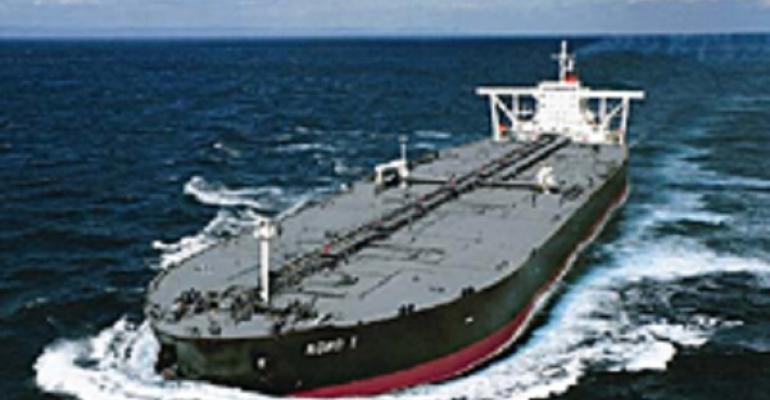Pointing to the increasing difference in charter rates between older and average tankers in the current sluggish market environment, CSET added that the upcoming implementation of the ballast water convention and the 2020 sulfur emission cap will continue to raise the operating cost of these older tankers and this is expected to accelerate their exit from the market.
Meanwhile in terms of new vessel orders, CSET saw steadily higher newbuilding prices due to rising costs as putting a damper on new orders.
The company cited industry statistics showing that VLCC newbuilding prices have risen 10% in just the past few months, rising from $81.5m in December 2017 to $90m in July 2018. In addition, with the rising USD, ship finance costs have also risen, CSET noted. “The further rise in actual shipbuilding costs will inhibit the growth rate of new ship orders to some extent,” it said in a stock market announcement on its first half results.
“In summary, the supply and demand situation of the international oil shipping market is being improved at an accelerated speed,” CSET concluded.
Read More: Cosco Shipping Energy orders VLCC pair for $152m
On the LNG shipping market where CSET has six liquefied natural gas (LNG), it was also upbeat, predicting an undersupply of tonnage till 2020.
Citing the growing importance of imports as China’s natural gas production capacity struggles to meet consumption demand, CSET noted that the Asian giant economy is expected to become the world’s largest natural gas importer by 2019, with imports slated to reach 171bcm in 2023, most of this in LNG.
“Despite the rapid growth of LNG capacity in the next few years, (with) the new LNG projects being continuously completed and put into production, the supply of LNG capacity will continue to be insufficient before 2020,” CSET concluded, predicting that the spot market for LNG carriers will remain generally high.
Copyright © 2024. All rights reserved. Seatrade, a trading name of Informa Markets (UK) Limited. Add Seatrade Maritime News to your Google News feed.


